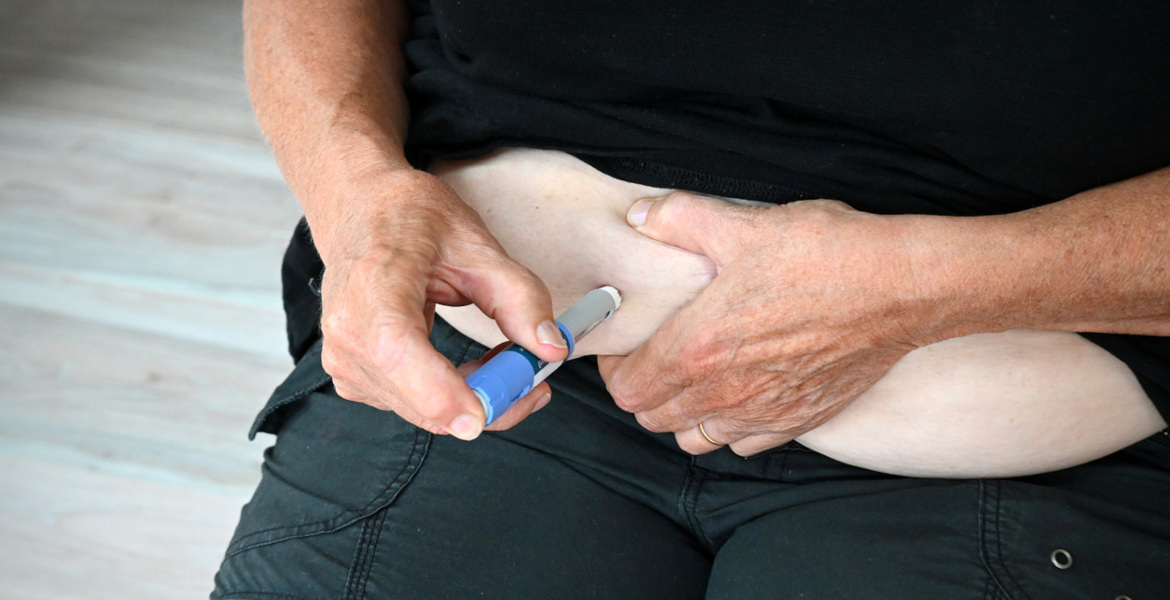Drinking energy drinks is associated with poor sleep quality and insomnia in university students, according to a Norwegian study. Even in moderate amounts, they can negatively affect sleep.
Energy drinks are high in caffeine, often around 150 mg per liter, and are often high in sugar, but in some cases also contain minerals and vitamins. There has been evidence that these drinks can affect sleep, but it has not been clear which aspects of sleep are affected or whether there are gender differences in these effects. Researchers from the Universities of Oslo and Bergen in Norway, among others, set out to find out.
To investigate these questions further, researchers from the Universities of Oslo and Bergen in Norway, among others, used data from 53,266 students aged 18 to 35 who participated in the Students’ Health and Well-being Study (SHOT22), the latest phase of a large national survey of university students in Norway.
Students were asked how often they drank energy drinks and could choose “daily”, “weekly”, “monthly” or “never”. Students were also asked about their sleep habits, what time they got up in the morning and went to bed at night, how long it took them to fall asleep, and how often they woke up during the night.
Sleep efficiency was then calculated from the total number of hours slept per night relative to the time spent in bed.
Less than six hours of sleep on average
Both men and women who reported consuming energy drinks daily slept an average of half an hour less than those who never or rarely drank them, according to the study published in the journal BMJ Open. Increased consumption was also associated with taking longer to fall asleep and waking up more often during the night. Insomnia was also associated with higher consumption of the drinks compared to those who drank less.
Men who drank energy drinks every day were twice as likely to report sleeping less than six hours a night, while women were 87% more likely to do so.
Even those who drank only one to three times a month were at risk of developing sleep problems, according to the study.
“ED consumption was a strong determinant for negative sleep outcomes. Even small amounts of ED were associated with poorer sleep outcomes, which warrant more attention towards the consequences of consuming ED among college and university students”








